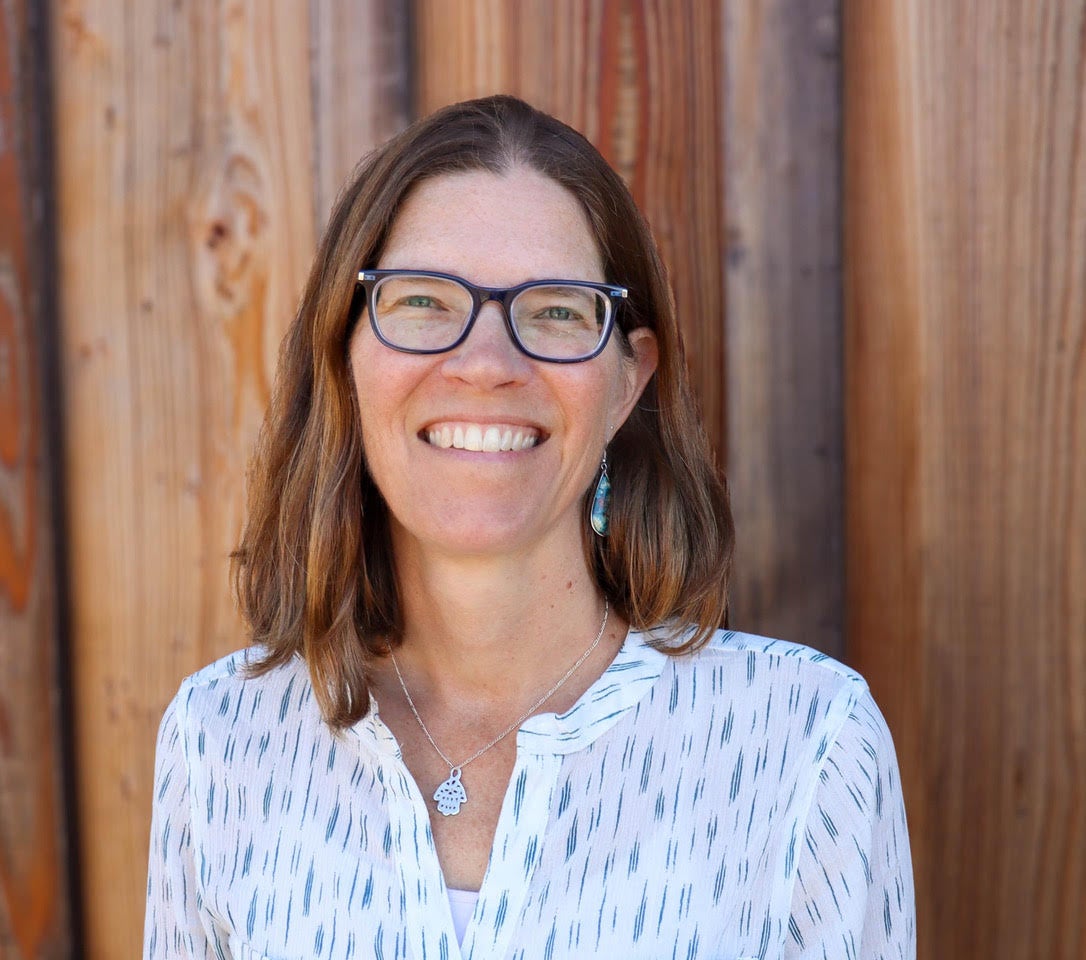Social, Local, and Landscape Drivers of Biodiversity and Ecosystem Services in Urban Agroecosystems

Professor Philpott’s innovative research, at the interface of agroecology and conservation biology, reveals how land use decisions impact ecological dynamics and ultimately the suite of ecosystem services flowing to and from productive lands. By disentangling complex ecological and social-ecological relationships in agroecosystems, her research advances basic ecology and generates implementable solutions for more sustainable food systems.
—Ashley Larsen, Associate Professor, Bren School
This seminar will be presented in person only; there will be no live remote viewing available. Please join us in Bren Hall 1414.
ABSTRACT
Upwards of 80% of the US population lives in urban areas, and urbanization results in biodiversity loss. Yet, many urban households lack access to fresh produce. Urban agroecosystems can support both biodiversity and people in cities; however, gardeners express challenges in optimizing ecosystem services. Garden management and landscape surroundings drive biodiversity and ecosystem services in urban agroecosystems. While biodiversity is often positively associated with ecosystem services, this is not always so, perhaps because provisioning also depends on species traits and representation in ecological networks. Understanding relationships between local and landscape factors, functional traits, and ecological networks can inform management, supply ecosystem services, and benefit gardeners and city residents.
In this talk, Philpott explores three aspects of a research project focused on examining how management and landscape filters influence (a) functional traits of plants, pollinators, and natural enemies, (b) ecological networks, and (c) provisioning of pest control and pollination services, as well as how (d) gardener social context influences the potential for implementing beneficial management changes. Specifically, she will discuss how garden land tenure and “luxury” influence plant diversity and traits, how plant traits, other local management features and landscape changes shape natural enemy communities, and how local and landscape factors shift plant-pollinator networks. She will also discuss the implications of this work for management of urban agroecosystems.
BIO
Dr. Philpott is an agroecologist interested in community ecology, urban agroecology, and interactions between agriculture, conservation, and farmer well-being. Her research is focused on how farm and garden management, landscape composition, and social drivers, such as farmer demographics and land tenure, influence diversity and traits of plants and insects, ecological interactions, and ecosystem services provided in farms and gardens. She has mainly worked in tropical agroforestry systems in Mexico and urban agroecosystems in California. She has published more than 150 research papers, and is a fellow of the Ecological Society of America. Stacy holds a PhD in Ecology and Evolutionary Biology from the U. of Michigan, and a B.S. in Zoology from the U. of Washington.